The global smartphone market has been in a prolonged slump for eight years. According to market research firm Counterpoint Research, global smartphone shipments peaked at 1.57 billion units in 2017 and dropped to 1.28 billion units by 2024. With smartphone penetration in major global markets nearing saturation and technology reaching maturity, replacement cycles continue to lengthen.
Operating profit margins (including the Network Business Division) reached 18% during the global success of the Galaxy S2, S3, and S4 from 2011 to 2013, but dropped to 9% last year. It is the first time in five years that the margin has fallen to single digits, since the large-scale restructuring (personnel realignment) in 2019, when it was 8.6%.
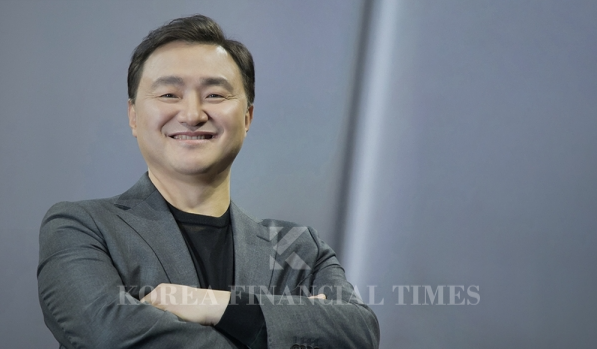
Roh Tae-moon,President of Samsung Electronics
Roh Tae-moon, who has led the MX Division since 2020, has emphasized “the best of the best, the ultimate premium.” The strategy is to boost profitability by focusing on the premium segment, rather than competing in the mid- to low-end market where Chinese rivals are strong.
On the hardware front, Samsung attempted to expand form factors with foldable phones, launching the Galaxy Fold (unfolds horizontally) in 2019 and the Galaxy Flip (folds vertically) in 2020. However, these have not replaced conventional smartphones. When folded, the devices are thick and less portable, and durability issues have arisen. Samsung Electronics aims for a turnaround with the launch of the Fold and Flip 7 on July 9, which are expected to be the thinnest foldable phones in the company’s history.
Software remains a key challenge. In particular, the level of collaboration with other companies on AI services is emerging as a critical issue. Building in-house AI can help reduce costs, but such a strategy risks limiting functionality compared to external innovations—potentially compromising the user experience.
Currently, Samsung Electronics is pursuing a fundamentally closed AI strategy. The company has equipped its smartphones with “Galaxy AI” starting with the Galaxy S24, based on its own large language model “Gauss,” enabling on-device processing via built-in chips.
In addition, Samsung has adopted a hybrid approach, allowing access only to external AI services that the company has specifically approved. This leaves the door open for potential collaboration with “AI giants.”
Even Apple Inc., which prefers a closed proprietary ecosystem from the operating system (OS) level, appears to be feeling the pressure. Recent foreign media reports indicate that Apple is considering integrating OpenAI’s GPT and Anthropic’s Claude models into Siri.
Previously, Apple announced at the Worldwide Developers Conference (WWDC 2025) last month that upgrades to Siri would be postponed until next year.
An industry official commented, “Apple’s delay in unveiling Siri AI appears to be due to the model’s performance not meeting standards. Samsung Electronics will also inevitably have to consider external partnerships.”
Gwak Horyung (horr@fntimes.com)




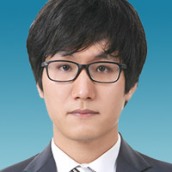







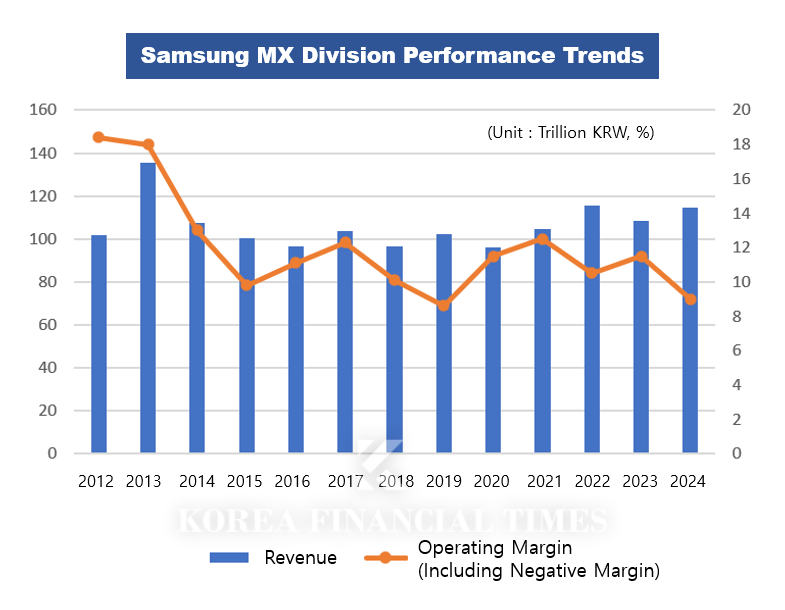



















![[DCM] 첫 성적표 'A+' 김기철 대표, 한화비전 AI 전환 실탄 확보](https://cfnimage.commutil.kr/phpwas/restmb_setimgmake.php?pp=006&w=69&h=45&m=5&simg=2026012120390605936dd55077bc212411124362.jpg&nmt=18)
![[DQN] KB증권, DC·IRP '수익률 톱3' 두각 [2025 4분기 퇴직연금 랭킹]](https://cfnimage.commutil.kr/phpwas/restmb_setimgmake.php?pp=006&w=69&h=45&m=5&simg=2026012214413102024179ad4390720323576180.jpg&nmt=18)


![[DCM] LS엠트론 유일 '감액'…SK그룹 9.7조, 신용도가 가른 '명암' [2025 결산④]](https://cfnimage.commutil.kr/phpwas/restmb_setimgmake.php?pp=006&w=69&h=45&m=5&simg=2026012107362106160141825007d12411124362.jpg&nmt=18)
![[DCM] 호텔롯데, 무신사가 무서운 이유…면세 산업 ‘먹구름’](https://cfnimage.commutil.kr/phpwas/restmb_setimgmake.php?pp=006&w=69&h=45&m=5&simg=2026012105221404048a837df6494123820583.jpg&nmt=18)
![[DQN] 'IRP 강자' 신한은행, 은행 유일 적립액 50조 돌파 기염...DB는 하나 1위 [2025 4분기 퇴직연금 랭킹]](https://cfnimage.commutil.kr/phpwas/restmb_setimgmake.php?pp=006&w=69&h=45&m=5&simg=20260120162624080825e6e69892f5910240225.jpg&nmt=18)










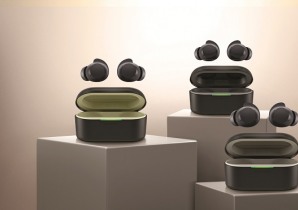
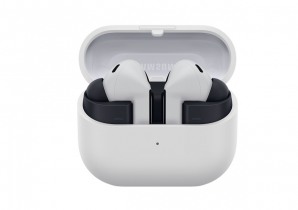
![[카드뉴스] 하이퍼 인플레이션, 왜 월급이 종잇조각이 될까?](https://cfnimage.commutil.kr/phpwas/restmb_setimgmake.php?pp=006&w=298&h=298&m=1&simg=202601141153149784de68fcbb3512411124362_0.jpg&nmt=18)
![[카드뉴스] 주식·채권·코인까지 다 오른다, 에브리싱 랠리란 무엇일까?](https://cfnimage.commutil.kr/phpwas/restmb_setimgmake.php?pp=006&w=298&h=298&m=1&simg=202601071630263763de68fcbb3512411124362_0.jpg&nmt=18)
![[카드뉴스] “이거 모르고 지나치면 손해입니다… 2025 연말정산 핵심 정리”](https://cfnimage.commutil.kr/phpwas/restmb_setimgmake.php?pp=006&w=298&h=298&m=1&simg=202601061649137526de68fcbb3512411124362_0.jpg&nmt=18)
![[카드뉴스] KT&G, 제조 부문 명장 선발, 기술 리더 중심 본원적 경쟁력 강화](https://cfnimage.commutil.kr/phpwas/restmb_setimgmake.php?pp=006&w=298&h=298&m=1&simg=202509241142445913de68fcbb3512411124362_0.png&nmt=18)
![[카드뉴스] KT&G ‘Global Jr. Committee’, 조직문화 혁신 방안 제언](https://cfnimage.commutil.kr/phpwas/restmb_setimgmake.php?pp=006&w=298&h=298&m=1&simg=202503261121571288de68fcbb3512411124362_0.png&nmt=18)
![[신간] 고수의 M&A 바이블](https://cfnimage.commutil.kr/phpwas/restmb_setimgmake.php?pp=006&w=81&h=123&m=5&simg=2025091008414900330f8caa4a5ce12411124362.jpg&nmt=18)
![[신간] 리빌딩 코리아 - 피크 코리아 극복을 위한 생산성 주도 성장 전략](https://cfnimage.commutil.kr/phpwas/restmb_setimgmake.php?pp=006&w=81&h=123&m=5&simg=2025032814555807705f8caa4a5ce12411124362.jpg&nmt=18)
![[서평] 추세 매매의 대가들...추세추종 투자전략의 대가 14인 인터뷰](https://cfnimage.commutil.kr/phpwas/restmb_setimgmake.php?pp=006&w=81&h=123&m=5&simg=2023102410444004986c1c16452b0175114235199.jpg&nmt=18)

![[신간] 이게 화낼 일인가?](https://cfnimage.commutil.kr/phpwas/restmb_setimgmake.php?pp=006&w=81&h=123&m=5&simg=2026010610254801367f8caa4a5ce12411124362.jpg&nmt=18)
![[신간] 조금 느려도 괜찮아...느림 속에서 발견한 마음의 빛깔](https://cfnimage.commutil.kr/phpwas/restmb_setimgmake.php?pp=006&w=81&h=123&m=5&simg=20251105082239062852a735e27af12411124362.jpg&nmt=18)

![[AD] 현대차, 글로벌 안전평가 최고등급 달성 기념 EV 특별 프로모션](https://cfnimage.commutil.kr/phpwas/restmb_setimgmake.php?pp=006&w=89&h=45&m=1&simg=20260106160647050337492587736121125197123.jpg&nmt=18)
![[AD] 현대차 ‘모베드’, CES 2026 로보틱스 부문 최고혁신상 수상](https://cfnimage.commutil.kr/phpwas/restmb_setimgmake.php?pp=006&w=89&h=45&m=1&simg=20260105103413003717492587736121125197123.jpg&nmt=18)
![[AD] 기아 ‘PV5’, 최대 적재중량 1회 충전 693km 주행 기네스 신기록](https://cfnimage.commutil.kr/phpwas/restmb_setimgmake.php?pp=006&w=89&h=45&m=1&simg=20251105115215067287492587736121125197123.jpg&nmt=18)
![[카드뉴스] KT&G, 제조 부문 명장 선발, 기술 리더 중심 본원적 경쟁력 강화](https://cfnimage.commutil.kr/phpwas/restmb_setimgmake.php?pp=006&w=89&h=45&m=1&simg=202509241142445913de68fcbb3512411124362_0.png&nmt=18)
![[AD]‘황금연휴에 즐기세요’ 기아, ‘미리 추석 페스타’ 이벤트 실시](https://cfnimage.commutil.kr/phpwas/restmb_setimgmake.php?pp=006&w=89&h=45&m=1&simg=20250903093618029117492587736121166140186.jpg&nmt=18)




